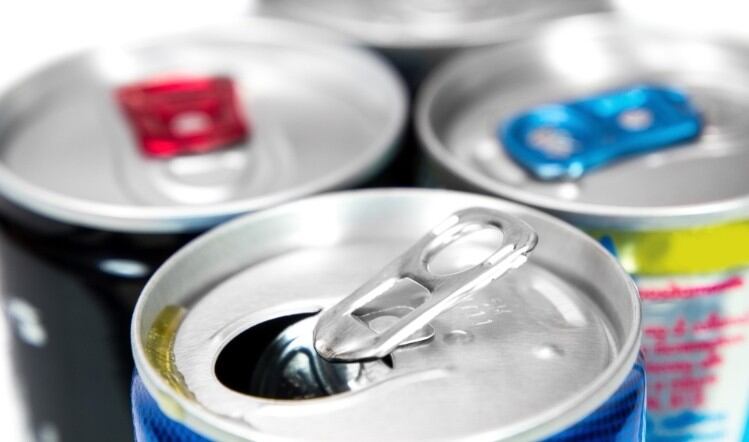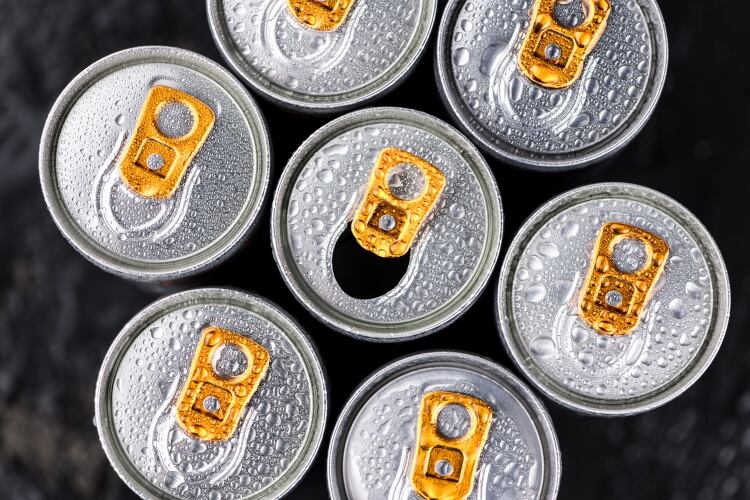While it may be legitimate for Government to implement a statutory ban based on qualitative evidence – such as the experience of schoolteachers – “current scientific evidence” was not sufficient to justify a ban, the Science and Technology Select Committee’s Energy drinks and children report found.
However, the report said the Government should commission independent research to establish whether energy drinks had more harmful effects than other soft drinks containing caffeine.
The report also recommended there should be more prominent advisory notices on energy drinks packaging. It suggested the Government should use the opportunity of leaving the EU to introduce additional labelling requirements.
The Committee welcomed any voluntary action taken by retailers, schools and local communities that could reduce energy drink consumption among children, including exclusion zones.
It acknowledged that the current voluntary ban implemented by a number of retailers amplified the message that energy drinks were associated with negative health, behavioural and dietary effects.
The responsible sale of energy drinks
The British Soft Drinks Association (BSDA) said it was committed to supporting the responsible sale of energy drinks, and was keen to work with Government and retailers to achieve this – in line with its own Code of Practice.
“Our members do not market or promote energy drinks to under-16s, nor do they sample products with this age group,” said BSDA director general Gavin Partington. “In addition, energy drinks carry an advisory note stating ‘Not recommended for children’.”
The Science and Technology Committee inquiry into the effects of energy drinks, and especially the caffeine contained in them, was launched after research showed that young people in the UK were the biggest consumers of energy drinks in Europe for their age group.
It sought to understand whether the caffeine in energy drinks had a negative health and behavioural effect on young people and if the sale of energy drinks to under-16s should be banned.
It was clear from the evidence received that disadvantaged children were consuming energy drinks at a higher rate than their peers, said Committee chair Norman Lamb MP.
Voluntary bans by retailers
“Although the Committee feels there is not enough scientific evidence alone to support a blanket ban, we support voluntary bans by retailers – many of which have recognised the negative impact associated with such products,” Lamb added.
“It would be legitimate for the Government to go beyond the evidence that is available at the moment and implement a statutory ban based on societal concerns and evidence, such as the experience of school teachers and pupils.
“If the Government decides to introduce a ban, it should explain why it has come to this decision.”
Following a commitment in part 2 of its childhood obesity plan, published in June, the Government launched a consultation on an intention to introduce legislation to end the sale of energy drinks to children by all retailers.
The Science and Technology Committee said this report was its response to that consultation.
The British Dietetic Association (BDA) has urged the Government to push on with its proposals to ban energy drink sales to children.
“The Committee’s report states that children consume caffeine from a range of sources, including tea, coffee and other soft drinks,” said BDA chief executive Andy Burman. “As far as we are concerned, this is beside the point – high consumption of caffeine from any source is not appropriate for children.
“We believe the evidence shows that energy drinks, because of both their high per-unit caffeine content, appealing flavours and child-friendly marketing, are a particular area of concern.
“We strongly urge the Government to stay the course with its proposals to introduce a ban on energy drink sales to under-18s.”


